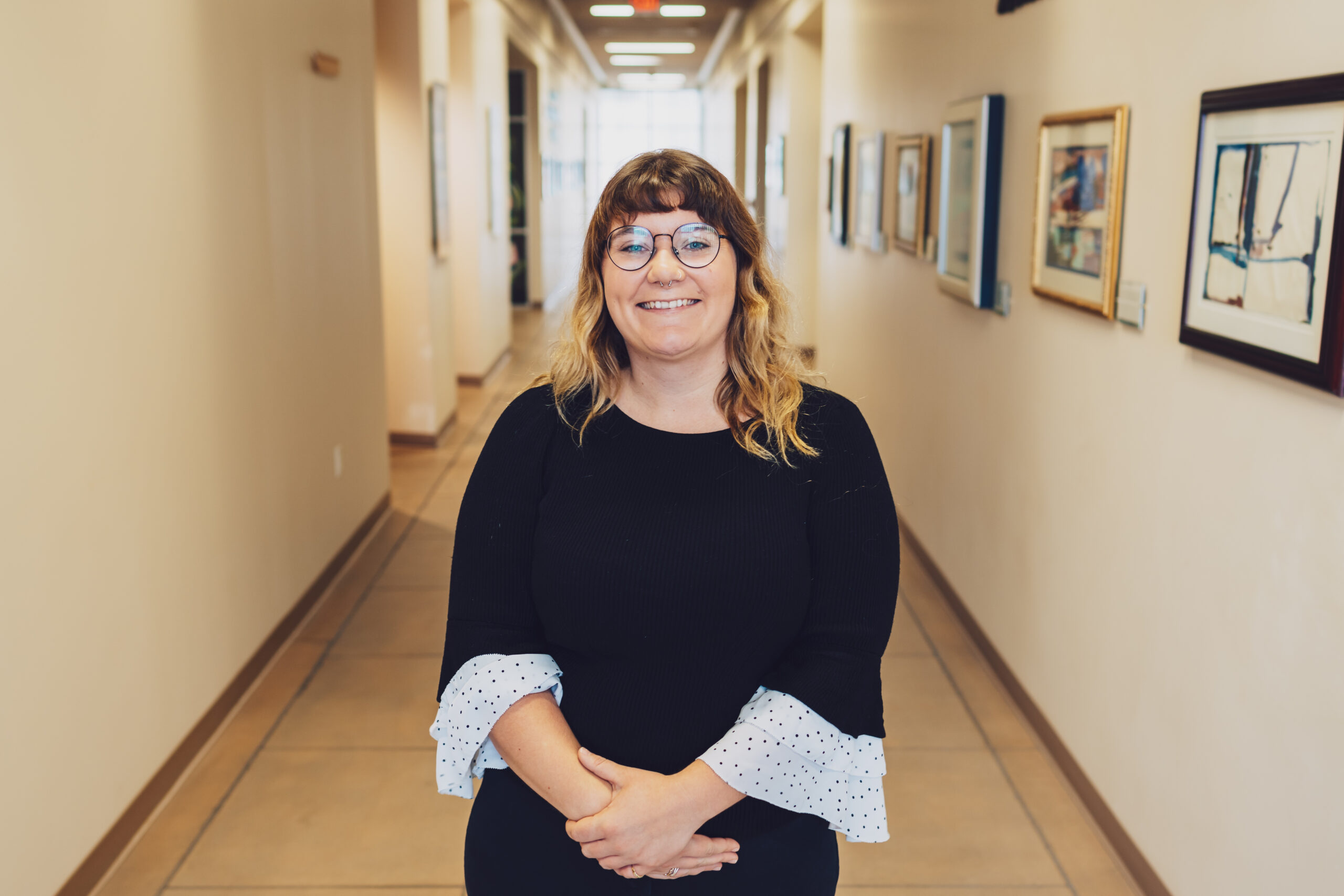Lilian Azer, PhD

What lab are you in?
Stark Lab.
Are there specific women in the field of biological sciences who have inspired or influenced your career?
Dr. Ilana Bennett and Dr. Rachel Wu, although not currently in biological sciences but rather cognitive neuroscience and developmental psychology, respectively, significantly impacted my career through mentorship. Alongside those of my primary graduate advisor, Dr. Weiwei Zhang, Dr. Bennett’s research on identifying brain regions that are most vulnerable to aging and Dr. Wu’s research on the benefit of learning multiple real-world skills for cognitive functioning in older adults have influenced my career in Cognitive Neuroscience and Neurobiology and Behavior. My goal is to utilize innovative research to understand cognitive decline and inform clinical practices. Additionally, I aim to leverage findings for policy recommendations to policymakers.
What does Women’s History Month mean to you and how does it relate to your academic and/or professional path in the biological sciences?
Women’s History Month celebrates the achievements and contributions of women throughout history. Statistics from the American Association of University Women and the College and University Professional Association of Human Resources highlight that women remain underrepresented in academia, comprising of only 44% women with tenure track faculty appointments, 36% of women in holding full faculty appointments, and approximately only 30% of women serving as college presidents. Hence, Women’s History Month holds particular significance for me and my professional path as it serves to honor the achievements of women who are often underrepresented in academia. Recognizing and celebrating women’s contributions in science not only addresses the issue of underrepresentation but also fosters diversity, which is crucial for generating innovative research questions and perspectives.
Can you speak to the importance of diversity and representation in the biological sciences?
Systemic discrimination, defined as institutional policies and practices perpetuating racial inequalities and discrimination, can contribute to health disparities among vulnerable groups, including older adults. Thus, promoting diversity and representation in biological sciences, including neurobiology and behavior, is vital for generating innovative research questions and perspectives in understanding cognitive aging. For example, underrepresented groups may face increased risk of cognitive impairment and dementia. Therefore, understanding the mechanisms underlying Alzheimer’s and related dementias among diverse populations is crucial for addressing disparities in cognitive aging.
Why did you choose BioSci?
Dr. Craig Stark’s and my shared research interests in understanding the mechanisms underlying memory and assessing normal cognitive decline in both research and clinical settings were pivotal factors in my decision to join the Department of Neurobiology and Behavior within the Charlie Dunlop School of Biological Sciences. I am interested in learning about cognitive aging and contributing to the development of tools tailored for clinicians and researchers to effectively assess normal cognitive decline in older adults.




